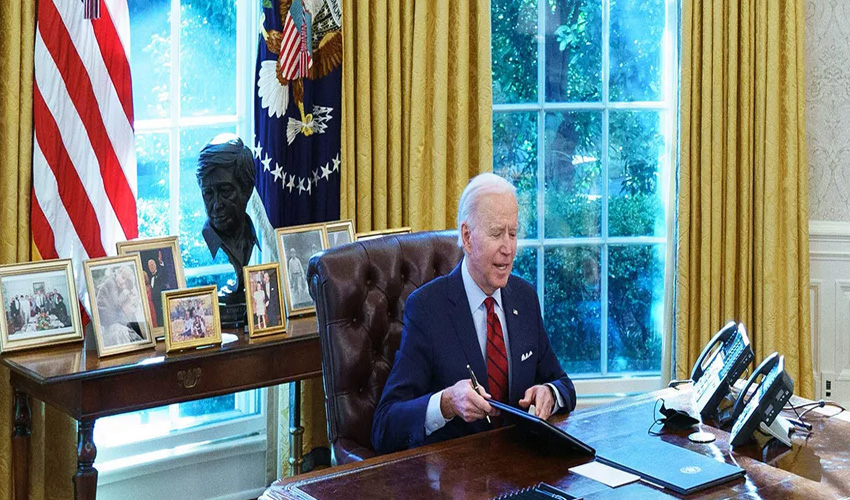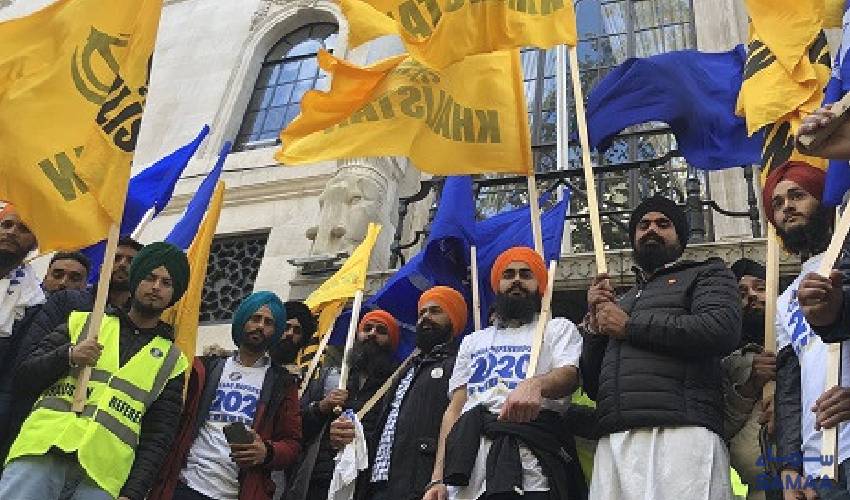In a display of solidarity, Muslim leaders in the United States have taken a principled stance by declining an invitation to the White House iftar dinner, citing their discontent with the Biden administration's stance on the Gaza conflict.
The decision to abstain from the traditional Ramadan gathering comes amidst escalating tensions in the region and a deepening humanitarian crisis affecting Palestinians.
Ramadan, a sacred month of fasting and reflection for Muslims worldwide, typically culminates in joyous iftar meals shared with loved ones. However, this year, the mood among American Muslim leaders was somber as they chose to forgo the White House invitation, expressing solidarity with Palestinians enduring the brunt of the Gaza war.
According to reports from The New York Times, the decision to decline the invitation was rooted in the distress over President Joe Biden's perceived support for Israel's military actions in Gaza. Many attendees voiced their discomfort with celebrating while Palestinians faced dire circumstances under siege.
The snub prompted the White House to scale down the event, hosting a smaller gathering exclusively for its staff. Emgage, a prominent Muslim advocacy group, played a pivotal role in articulating the community's concerns, emphasizing the urgent need for President Biden to address the humanitarian crisis affecting Palestinians.
Thaer Ahmad, a Palestinian American doctor who witnessed the dire conditions in Gaza firsthand, eloquently captured the sentiment behind the decision, questioning the appropriateness of discussing famine and suffering over lavish meals. Despite declining the initial invitation, Ahmad and other community leaders engaged in a separate meeting with President Biden, Vice-President Kamala Harris, and National Security Advisor Jake Sullivan.
The implications of this symbolic gesture extend beyond the dinner table, signaling growing frustration within the Muslim American community over perceived inaction against Israeli actions in Gaza. Concerns about dwindling support in key battleground states, such as Michigan, have surfaced, with some groups indicating a reluctance to back Biden in upcoming elections.
As President Biden seeks to shore up support ahead of the November elections, his campaign faces an uphill battle in engaging Arab American voters, particularly in swing states like Michigan.



























